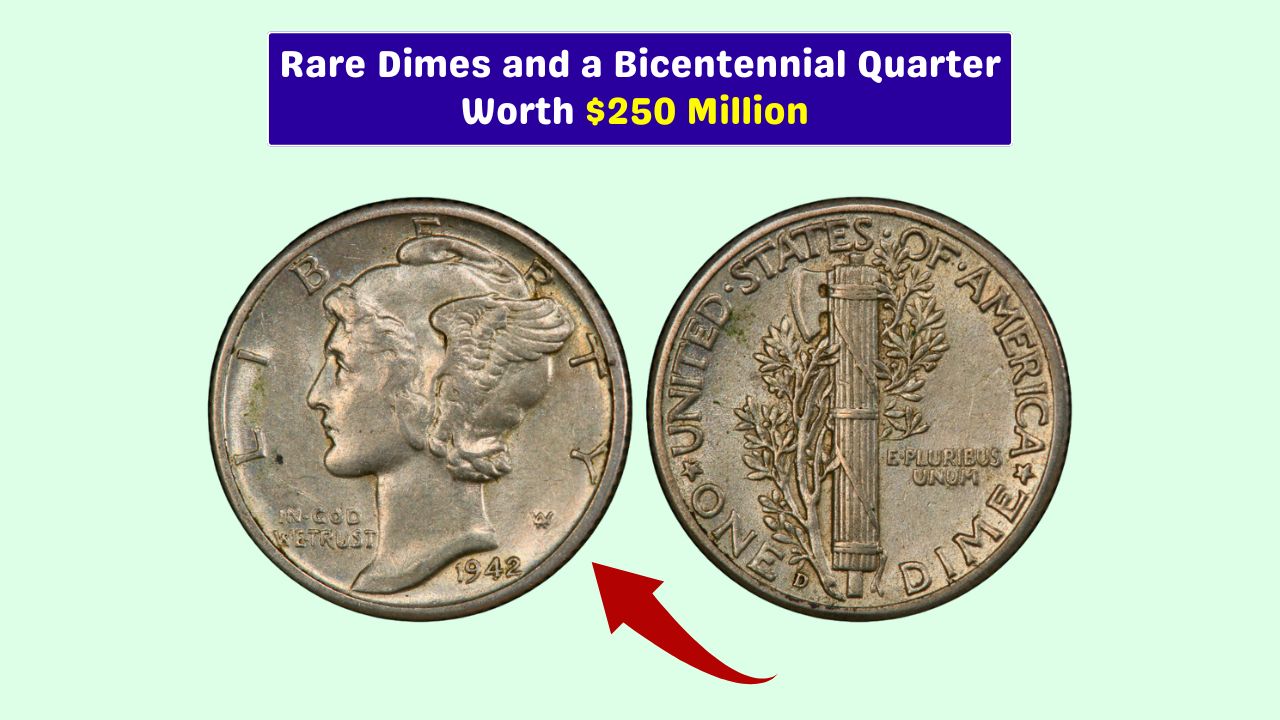Bigger tax refunds are on the way in 2025, and if you’re like most people, you’re probably wondering why and how much more you’ll get.
The IRS has confirmed an average increase of over $300 per filer, thanks to several key tax updates like adjusted tax brackets, higher standard deductions, and expanded tax credits.
These changes are designed to offer relief and keep pace with inflation—but how they affect you depends on your unique financial situation.
Let’s break down what’s changing, who benefits the most, and how you can make sure you get the largest refund possible.
Adjustments
Every year, the IRS updates tax rules to match inflation. Without these adjustments, even a small raise could push you into a higher tax bracket and cost you more in taxes. In 2025, those updates are working in your favor.
Here’s what’s new:
- Tax bracket ranges are wider, so more of your income stays in lower tax tiers.
- The standard deduction went up, meaning a bigger chunk of your income is tax-free.
- Tax credits like the Child Tax Credit (CTC) and Earned Income Tax Credit (EITC) have expanded.
- Contribution limits for 401(k) and IRA accounts have increased, giving you more ways to save and reduce taxable income.
Standard Deduction
| Filing Status | 2025 Deduction | 2024 Deduction |
|---|---|---|
| Single | $14,600 | $13,850 |
| Married Filing Jointly | $29,200 | $27,700 |
| Head of Household | $21,900 | $20,800 |
More deduction means less taxable income—so bigger refunds for many.
Winners
Not everyone benefits equally, but certain groups will see a bigger boost in their tax refunds.
Middle-Income Earners
These taxpayers are in the sweet spot. Their income stays in lower brackets longer, and the increased deduction gives them more breathing room.
Families with Kids
The expanded Child Tax Credit means families could receive up to $2,000 per child, with part of it refundable even if no taxes are owed.
Low-Income Workers
The EITC gives low- and moderate-income earners an extra refund boost, especially those with dependents.
Retirees & Investors
Thanks to higher contribution caps for 401(k) and IRA accounts, retirees and savers can lower taxable income while boosting retirement savings.
Students and Grads
Those repaying student loans or paying tuition may qualify for education-related credits, increasing refund potential.
Strategies
Just because refunds are going up doesn’t mean yours will—unless you take action. Here’s how to lock in a bigger check.
- File early: Early filers beat the rush and lower the risk of tax fraud.
- Check credit eligibility: Child Tax Credit, EITC, Education Credit—see if you qualify.
- Max contributions: Fill up your 401(k), IRA, or HSA to reduce taxable income.
- Adjust withholdings: Owe money every year? Bump up your payroll tax withholding.
- Use FSAs and HSAs: These accounts let you spend pre-tax dollars on health expenses.
Estimates
Want a ballpark idea of what your refund might look like? Here’s a general estimate by income range:
| Income Range | Estimated Refund Increase |
|---|---|
| $0 – $50,000 | $300 – $900 |
| $50,000 – $100,000 | $250 – $750 |
| $100,000 – $200,000 | $200 – $600 |
| Over $200,000 | $100 – $400 |
Of course, these are just averages. If you qualify for multiple credits or deductions, you could see a much larger increase.
Most Americans will walk away with more cash in hand when filing 2024 taxes in early 2025. Inflation-adjusted brackets, higher standard deductions, and expanded credits are doing the heavy lifting.
The key now is knowing where you stand, taking advantage of every opportunity, and filing smart. It’s your money—make sure you get every dollar you’re owed.
FAQs
Why are refunds bigger in 2025?
Inflation-adjusted tax brackets and expanded credits are increasing refunds.
How much more will I get?
Most filers can expect at least $300 more, depending on income and credits.
Who benefits the most?
Middle-income families, parents, and low earners see the biggest gains.
Should I file early?
Yes, it speeds up your refund and reduces identity theft risk.
Can I increase my refund?
Yes, by claiming credits, maxing deductions, and adjusting withholdings.









